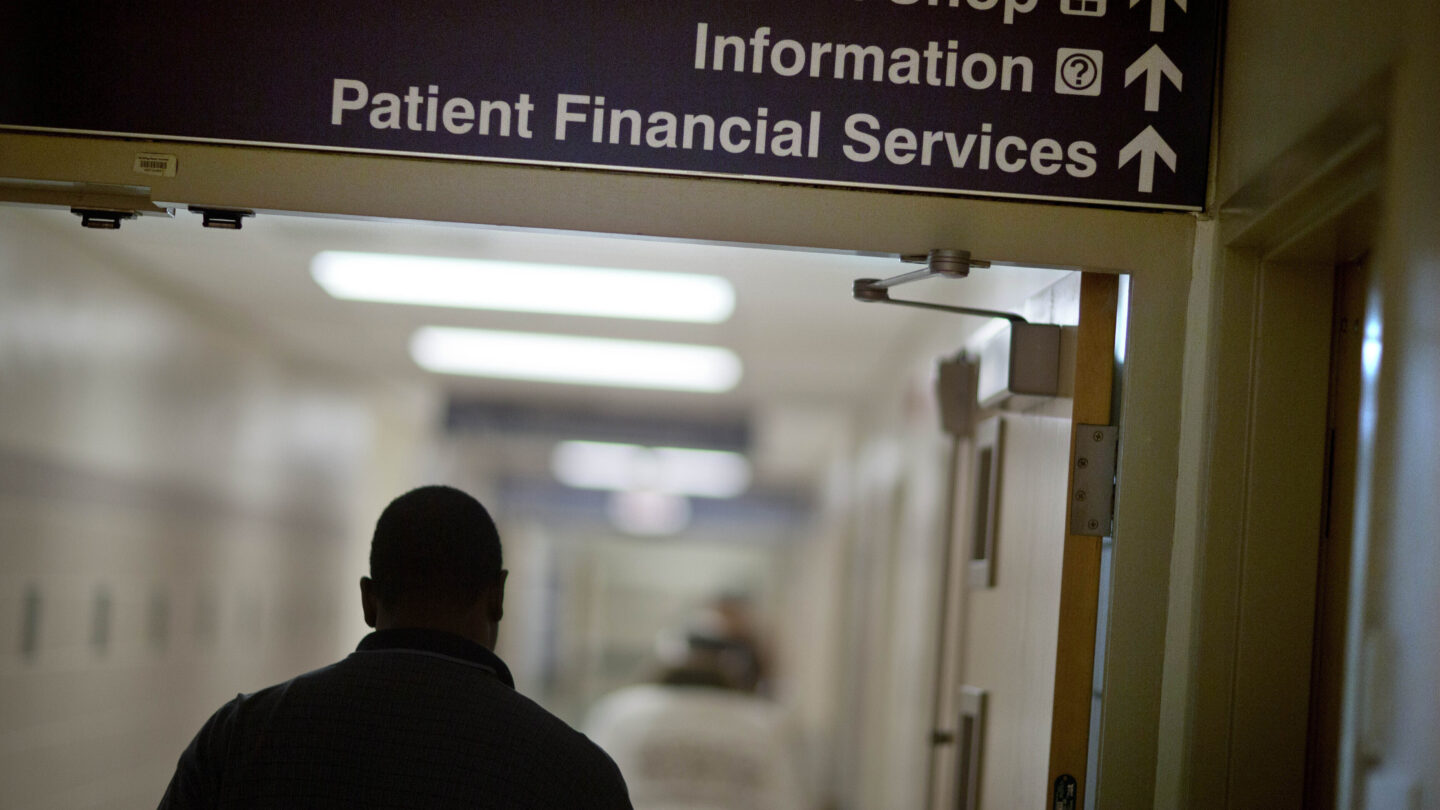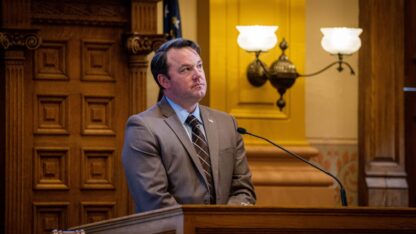State officials want to help Georgians who rely on Medicaid navigate the complicated process to keep their health insurance. The state is evaluating roughly 2.8 million Medicaid and PeachCare for Kids members for continued coverage.
The process has been underway for more than a month, and at least nearly 1,600 Georgians have already lost their health insurance, according to state data.
It’s dubbed the “Medicaid Unwinding,” and it’s happening nationwide.
Until this spring during earlier phases of the COVID-19 pandemic, the federal government required states to maintain continuous Medicaid coverage.
The goal was to connect as many Americans as possible to critical health care during the public health emergency.
“During the public health emergency, there was basically a continuance. You weren’t hounded by Medicaid to show your paperwork and all this stuff,” said Gwinnett County Democratic State Rep. Jasmine Clark. “And so there are a lot of people that just don’t know there is a process.”
The process is ramping up now that those national pandemic public health emergency rules have ended.
And the federal government is giving states until the end of May 2024 to complete all of their redeterminations.
In Georgia, the undertaking is coordinated by the Department of Community Health and the Department of Human Services, which are working together to process renewal applications on a rolling month over the next year.
Clark said her office is getting calls from constituents who are confused about the process.
“I really wish that a lot more effort would have gone into educating people about this before it was happening,” Clark said.
Clark, who also teaches microbiology and human anatomy and physiology at Emory’s Woodruff School of Nursing, said she’s concerned about people missing notifications, inadvertently missing deadlines and ending up without health insurance when they need medical care.
The concerns are echoed by some other bipartisan lawmakers and Georgia health advocacy groups that say already marginalized individuals who remain financially eligible for Medicaid plans are at higher risk of losing coverage for avoidable reasons, such as missing notifications.
Around the United States, more than a million people have so far lost their Medicaid coverage according to KFF Health News, which analyzed states’ renewal data.
In a letter, U.S. Department of Health and Human Services Secretary Xavier Becerra told state governors they need to do more to mitigate their coverage losses.
“As full Medicaid renewals begin, it is critically important to ensure that individuals do not lose coverage due solely to administrative processes,” he wrote, urging them to work with eligible individuals, families and community organizations to help applicants complete forms and stay covered.
The Kemp administration has directed state agencies to try and prevent these avoidable losses.
For several months now, agencies have gotten the word out through marketing campaigns and state online information pages, and the state is hiring additional workers to help process renewals.
And agencies have launched a series of online educational events to inform Medicaid recipients about what to expect.
At a recent event, Emily Hatchett of the Department of Human Services walked viewers through a presentation about the renewal steps.
She said everyone with a Medicaid or PeachCare for Kids account would be notified directly about their individual renewal dates via mail, email or on the state’s Gateway system, so it’s important to update their account contact information.
“Depending on the member’s preferences selected, an official letter or email or Gateway message will be sent about 45 days before a member’s coverage is scheduled to end,” she said. “If the member’s coverage renewal is denied, they will receive a letter notifying them of the decision and explaining the reason why.”
Anyone denied for renewal is able to appeal.
More information about the process is available on this state’s FAQ page.










